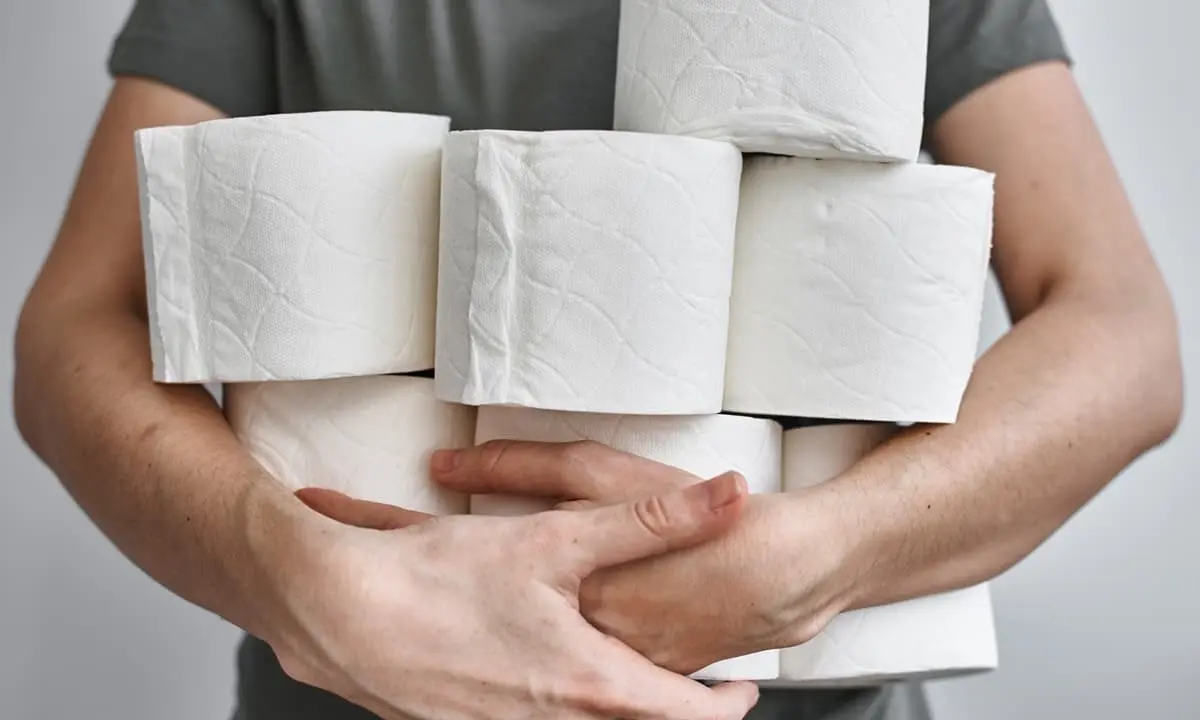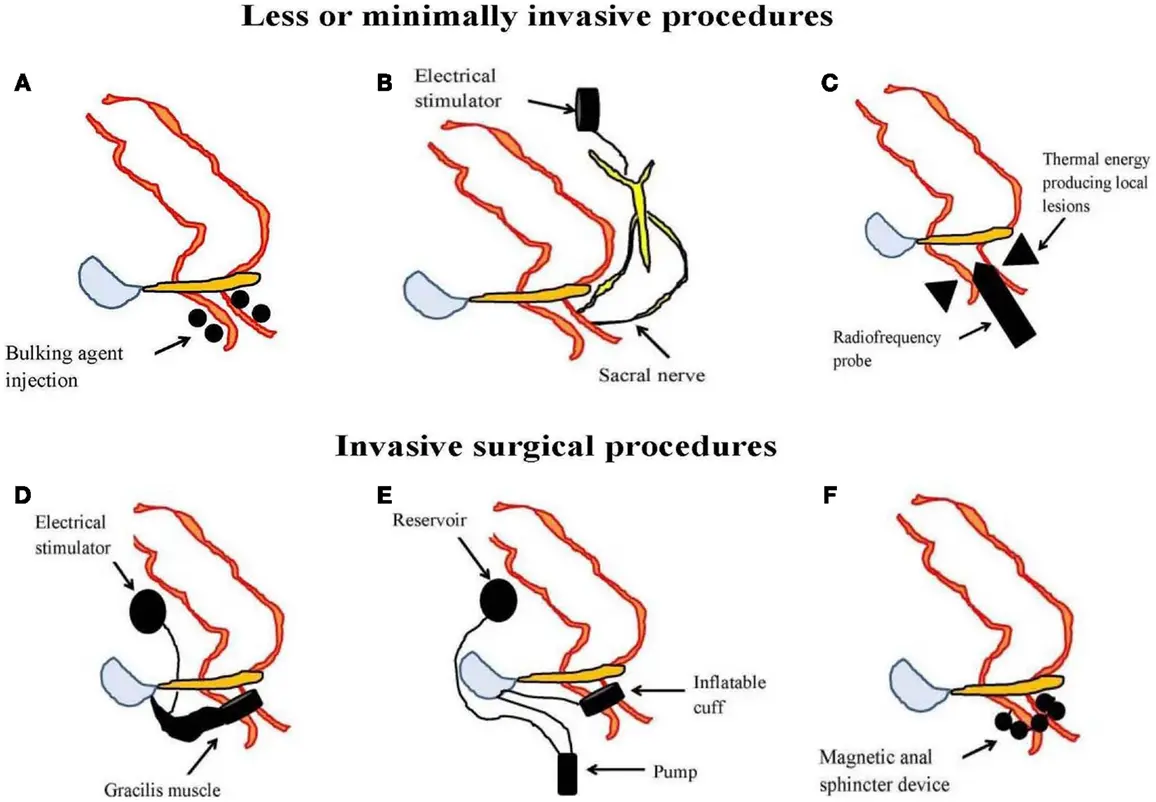Can Fecal Incontinence be Cured?
Sometimes
Management aims to improve bowel control and quality of life; treatment depends on the underlying cause, and a combination of approaches may be used to address symptoms

What is Fecal Incontinence?
Fecal incontinence is the inability to control bowel movements, leading to involuntary leakage of stool. Causes vary, and treatment may involve dietary changes, medications, and in some cases, surgery.

Clinical Aspects

Characteristics
Inability to control bowel movements, leading to involuntary leakage of stool

Symptoms
Involuntary passing of stool, inability to control bowel movements

Diagnosis
Clinical evaluation, sometimes imaging studies

Prognosis
Variable, depends on the underlying cause and response to treatment

Complications
Impaired quality of life, complications affecting daily activities
Etiology and Treatment

Causes
Various causes, including muscle or nerve damage, diarrhea, constipation, rectal prolapse, childbirth trauma, neurological disorders

Treatments
Dietary changes, medications, pelvic floor exercises, surgery in some cases

Prevention
Dietary changes, medications, pelvic floor exercises, surgery in some cases
Public Health and Patient Perspectives

Epidemiology
Inability to control bowel movements

Patient Perspectives
Management of underlying causes, lifestyle modifications
This information aims to provide a general understanding of the subject matter, but individual circumstances can vary significantly. Please remember to consult with healthcare professionals for personalized advice and guidance.
Share: